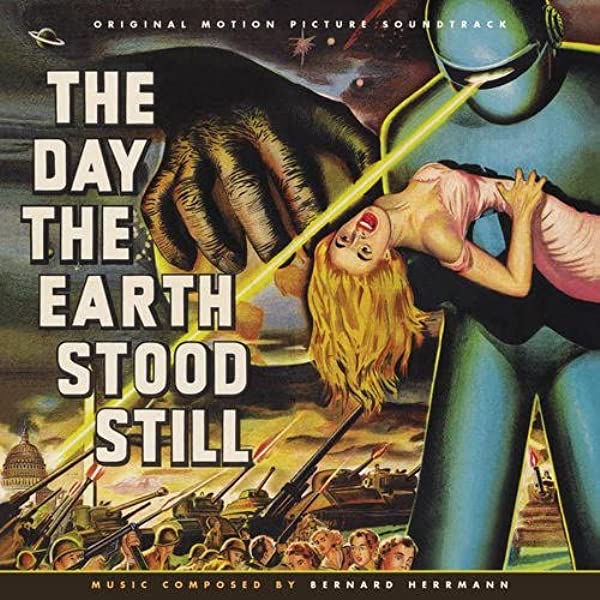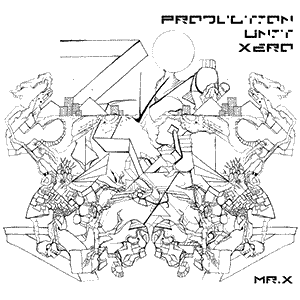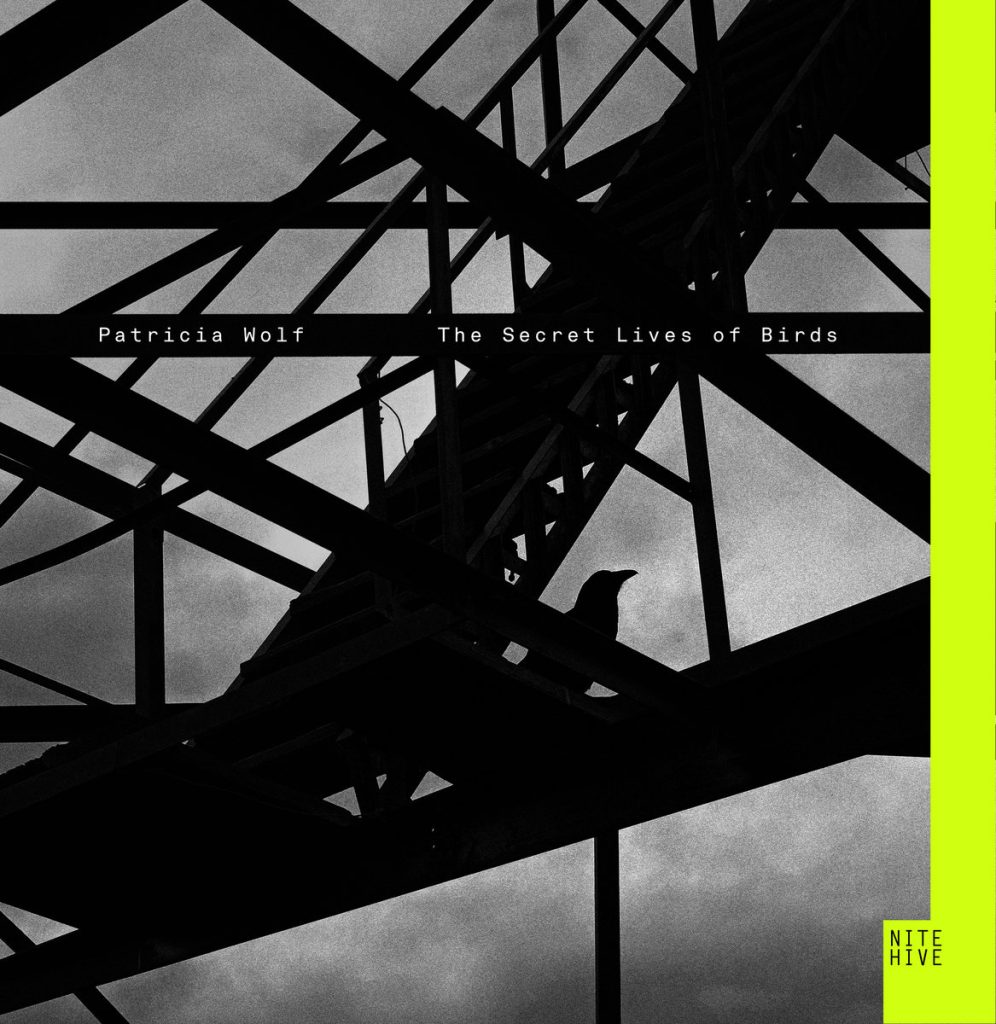The Day the Earth Stood Still (1951) – Soundtrack Review

Composer Bernard Herrmann’s work on “The Day the Earth Stood Still” remains a testament to the power of sound to evoke otherworldly sensations and the terror of the unknown. For the uninitiated, this 1951 sci-fi classic wouldn’t be half as impactful without its groundbreaking musical score. Herrmann’s prowess in manipulating aural landscapes has yielded a composition that is truly extraordinary and timeless.
One of the defining elements of this iconic score is the use of the Theremin, an electronic instrument played without physical contact by the performer. Leon Theremin, a Russian physicist and inventor, birthed this uncanny instrument that, through the manipulation of electromagnetic fields, creates a spectral sound unlike any other. The Theremin was a rather unconventional choice in the 1950s, but in the context of a science-fiction narrative, it shone, evoking an alien presence even before any extraterrestrial entity graced the screen.
The haunting, ethereal timbre of the Theremin is what primarily sets the tone for the movie. It hovers over the orchestra like a UFO, strange and unsettling. The electronic vibrato it produces resonates with an eerie quality that borders on being melodious and disconcerting simultaneously. These dichotomous qualities are expertly used by Herrmann to draw the audience into the film’s world, teetering on the precipice of fascination and dread.
Herrmann’s ensemble of instruments, including the Theremin, strings, brass, and an array of unconventional percussions, in combination, takes the listener on an auditory journey of the cosmos. There is a stark minimalism to his orchestration which amplifies the unease and tension. The score is defined not just by the notes played, but also the silences between them, the spaces left empty to allow the strange, alien quality of the Theremin to bleed into the listener’s psyche.
Listening to “The Day the Earth Stood Still” score is a masterclass in musical story-telling. The soundtrack translates the narrative’s otherworldly aspects in a way dialogue and visual effects alone cannot. It makes the unseen tangible and the unimaginable perceptible. The Theremin, through its unique sonic qualities, provides an aural representation of the extraterrestrial; it is as if the aliens are communicating through the music itself.
Indeed, Herrmann’s work on this score elevated the film beyond its genre. The music transcends the narrative, becoming a character in its own right, with the Theremin as the unfamiliar protagonist that keeps the listener intrigued, yet off-balance. The score for “The Day the Earth Stood Still” is not merely a backdrop but an essential player in the drama. It’s a timeless composition that continues to resonate, reminding us of the power of music in shaping our perception of the unknown.
Therefore, it’s safe to say that the “The Day the Earth Stood Still” soundtrack, bolstered by the distinctive use of the Theremin, has left an indelible mark in the annals of film score history. It stands as a testament to the extraordinary power of music in cinema, crafting an aural narrative that not only complements the visual storytelling but enhances it to create a truly immersive and unforgettable experience.




